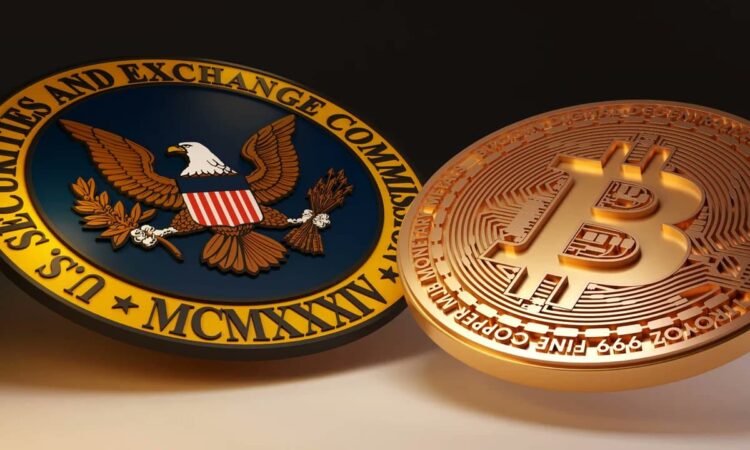
The United States Court of Appeals for the Second Circuit has recently defined new perimeters for the Securities and Exchange Commission’s (SEC) ability to pursue disgorgement, directly impacting regulatory enforcement scope. Ripple’s Chief Legal Officer, Stuart Alderoty, has pinpointed this ruling as a significant moment, particularly as it plays against the backdrop of Ripple’s ongoing legal challenges with the SEC.
The Jignesh Govil case has taken center stage, with the courts requiring the SEC to establish concrete evidence of financial harm to investors before seeking disgorgement. This reinforces the precedent set by the Supreme Court in Liu v. SEC, mandating that any recovery sought must be closely tied to compensating fraud victims.
SEC Scrutiny Intensifies in Ripple Case
Twitter has served as a battleground for debate on this issue. Australian lawyer Bill Morgan humorously quips about XRP transactions’ speed through Ripple’s On-Demand Liquidity service, questioning the possibility of financial harm to institutional investors. Steven Nerayoff, a former Ethereum adviser, directs attention to the SEC’s methods, suggesting that agency actions could inflict financial harm, touching on the delicate issue of agency officials’ qualified immunity.
Furthermore, the dialogue has evolved to scrutinize the SEC’s intentions when inviting companies to discuss their business models, hinting at potential misleading conduct should the agency’s real intent be to litigate rather than advise.
Govil Decision Rattles SEC’s Enforcement Framework
Amid the legal tussle, Jeremy Hogan, a legal commentator, posits a silver lining for Ripple. He argues that XRP purchasers who invested at lower prices have yet to encounter financial harm, which could limit Ripple’s legal exposure.
This development marks a crucial juncture for the SEC as it navigates the parameters of its enforcement capabilities. The Govil decision is reshaping perceptions of regulatory powers, particularly within the cryptocurrency sphere.
Stakeholders are closely monitoring the ripple effect of this decision, which could signify a turning point in regulatory proceedings involving cryptocurrencies. As legal interpretations evolve, so too does the landscape of enforcement and compliance in the fintech sector.
Read Also: This BRC-20 Proposal Can be Game Changer, Here’s How






